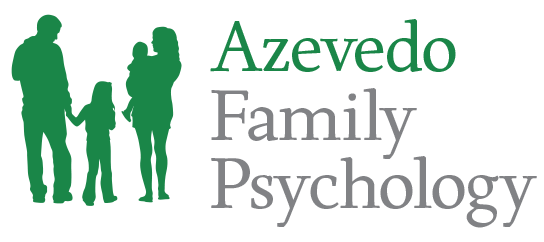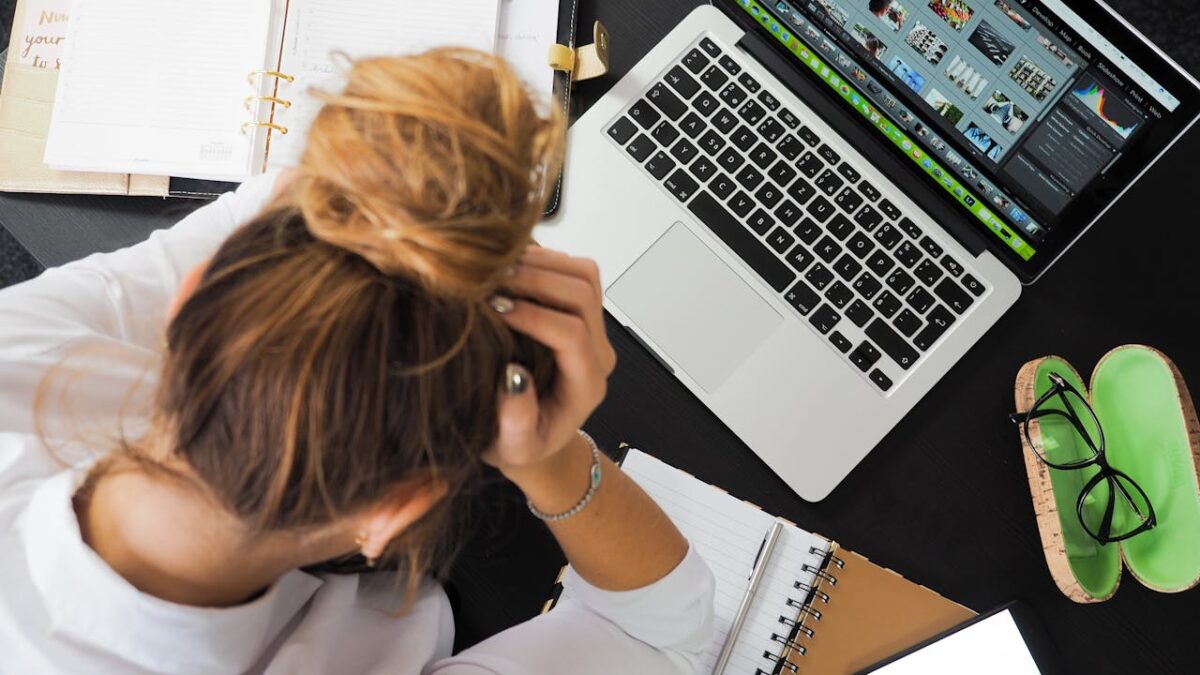
Finding Peace Through Routine
May 1, 2025
Why You Shouldn’t Rely on AI for Therapy
June 30, 2025Losing a job or facing a long job search can be one of the most emotionally challenging experiences a person faces. The stress of financial uncertainty, changes in routine, and feelings of failure or shame can take a toll on even the most resilient individuals. If you’re currently unemployed, know this: your worth is not defined by your employment status, and you are not alone in what you’re feeling. Here are some tips to help protect your mental health while navigating the ups and downs of job hunting.
Give Yourself Permission to Feel
Unemployment often triggers a flood of emotions—grief, anxiety, anger, fear, and even relief. All of these feelings are valid. The pressure to “stay positive” can be overwhelming, but bottling up your emotions can lead to burnout or depression. Let yourself feel what you’re feeling, and if needed, talk it out with a trusted friend, therapist, or journal. Naming and accepting your emotions can actually reduce their intensity and help you process them more clearly.
Create a Daily Routine That Grounds You
One of the hardest parts of unemployment is the lack of structure. Without a commute, deadlines, or meetings, days can blur together, increasing stress and decreasing motivation. Try creating a simple daily routine that includes waking up at a consistent time, getting dressed, eating meals regularly, moving your body, and setting aside time for your job search. Even 30 minutes of focused job-related tasks each day can help you feel accomplished and reduce the mental fog that comes from too much unstructured time.
Take Breaks from the Job Search
It might feel like you need to be searching constantly, but giving yourself breaks is actually more productive in the long run. Set boundaries around your job search time—maybe two hours in the morning and one in the afternoon—and then allow yourself to fully unplug. Do something that makes you feel like yourself again: go for a walk, call a friend, dive into a creative hobby, or watch a favorite show without guilt. Rest is part of recovery and resilience.
Watch Out for Negative Self-Talk
Unemployment can bring out a harsh inner critic. You might find yourself thinking, “I’m falling behind,” “No one wants to hire me,” or “I should have done more.” These thoughts are incredibly common—and incredibly unhelpful. Try to catch these patterns and reframe them. Instead of “I’m failing,” try, “I’m facing a tough situation and doing the best I can.” Self-compassion is one of the most powerful tools you have to stay mentally strong through uncertainty.
Stay Connected
It’s easy to isolate during unemployment, especially if you’re feeling embarrassed or discouraged. But staying in touch with others—friends, family, mentors, or support groups—can provide emotional relief and practical help. Let people know what you’re going through. You might be surprised how many people can relate, or even offer a connection that leads to your next opportunity.
Try Therapy with Dr. Azevedo
If you’re struggling to cope with the emotional weight of unemployment, therapy can be a lifeline. At Azevedo Family Psychology, we understand how life transitions impact mental health—and we’re here to help you navigate them with care, compassion, and support. Reach out today to schedule a session with Dr. Azevedo and start feeling more grounded, hopeful, and ready for what’s next.




